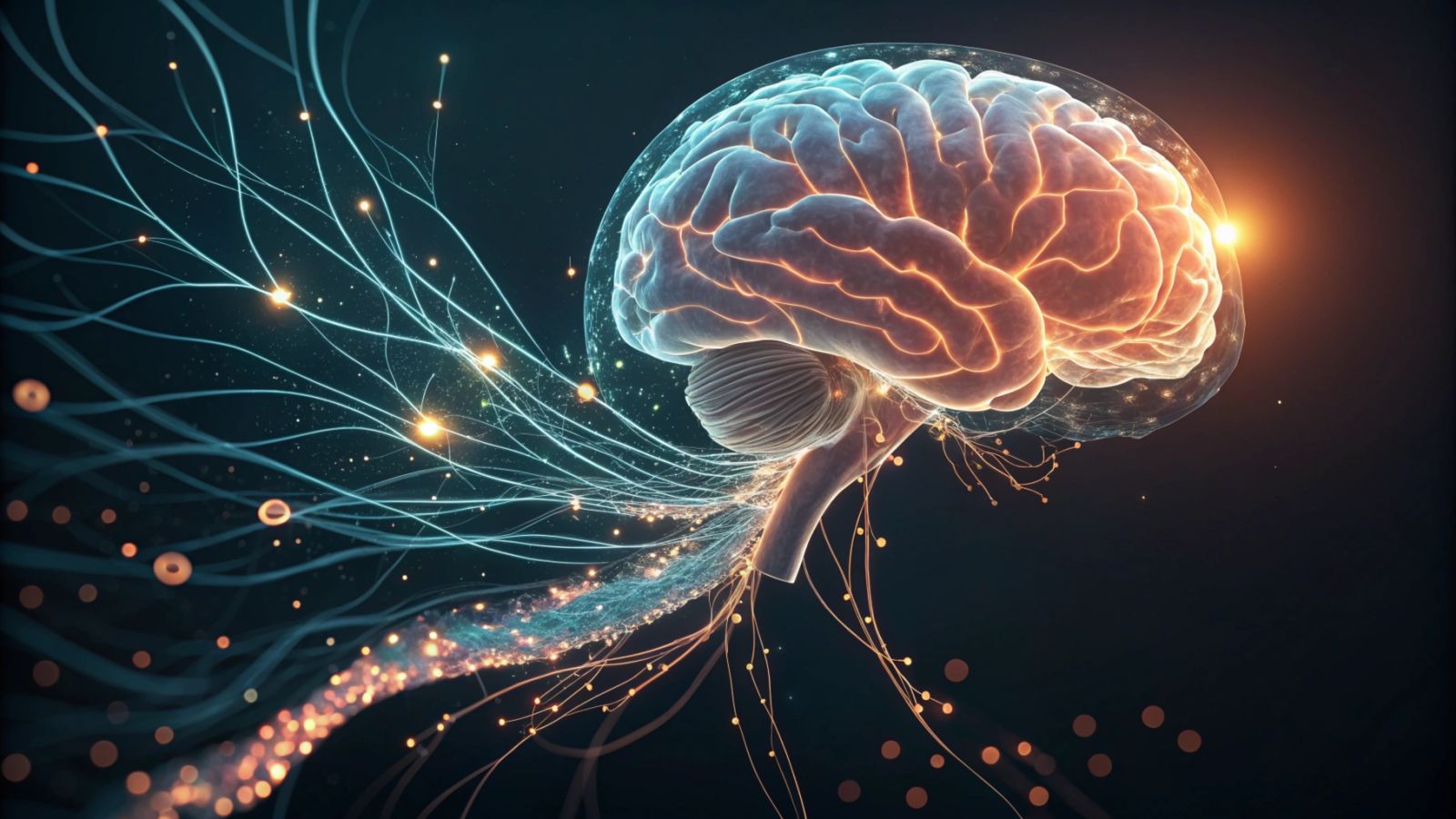Follow us on Google News (click on ☆)

According to a study published in Neuron and conducted by researchers at the California Institute of Technology, our brain operates much more slowly than our sensory receptors. These receptors process a billion bits per second, which is one hundred million times more than our thoughts. The scientists used methods inspired by information theory to reach these surprising conclusions.
Despite the ability of neurons to transmit massive amounts of data, only a few pieces of information are retained by our conscious mind. This strange "speed limit" suggests that the brain filters sensory data to retain only the essential. But why such slowness? The researchers emphasize that this constraint could be the result of evolution.
The earliest organisms with a nervous system used their cognitive abilities to navigate their environment and escape predators. This model, focused on a single "thought" at a time, may have been preserved throughout human evolution. Indeed, according to the researchers, the brain behaves like a system navigating a conceptual space, incapable of processing multiple streams of thoughts in parallel.
The implications are profound. If our thoughts are so slow, how do we explain human achievements in planning and problem-solving? One hypothesis proposed is that the brain optimizes these 10 bits for significant situations, maximizing the quality of decisions made.
This slowness contrasts sharply with expectations created by new technologies. Brain-machine interfaces, often presented as tools to increase the speed of data processing, might not be as effective as expected. If the brain is limited to 10 bits per second, no interface will be able to surpass this natural barrier.
Furthermore, researchers calculated that at this rate, the entirety of knowledge acquired over a human lifetime could fit on a simple USB stick. A reality that puts into perspective the idea of the brain as a supercomputer.
Future research will need to decipher the exact mechanisms of this filtering. How does the brain decide which information to retain among the billions captured by our senses? This question remains open, but it could redefine our understanding of human consciousness.